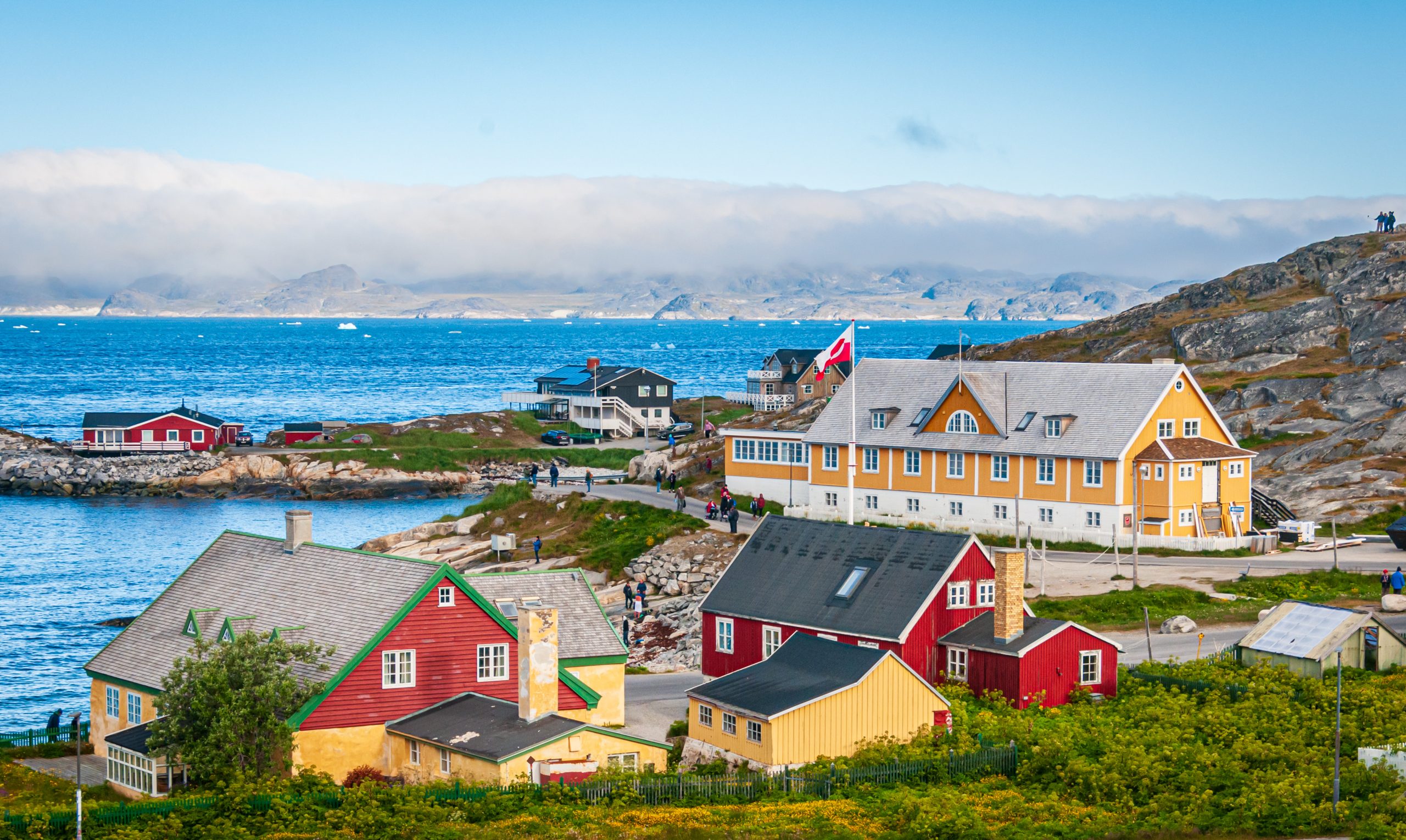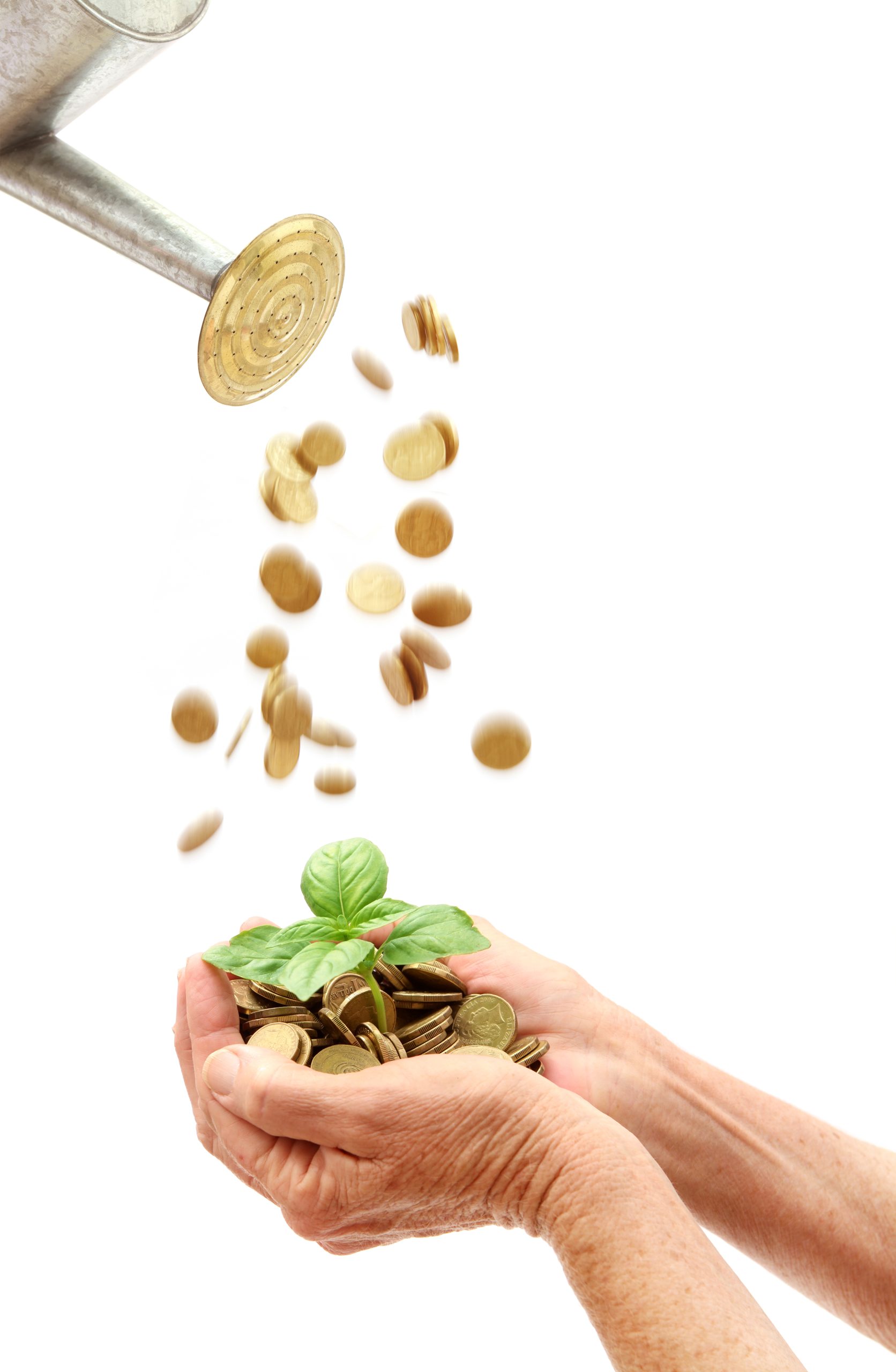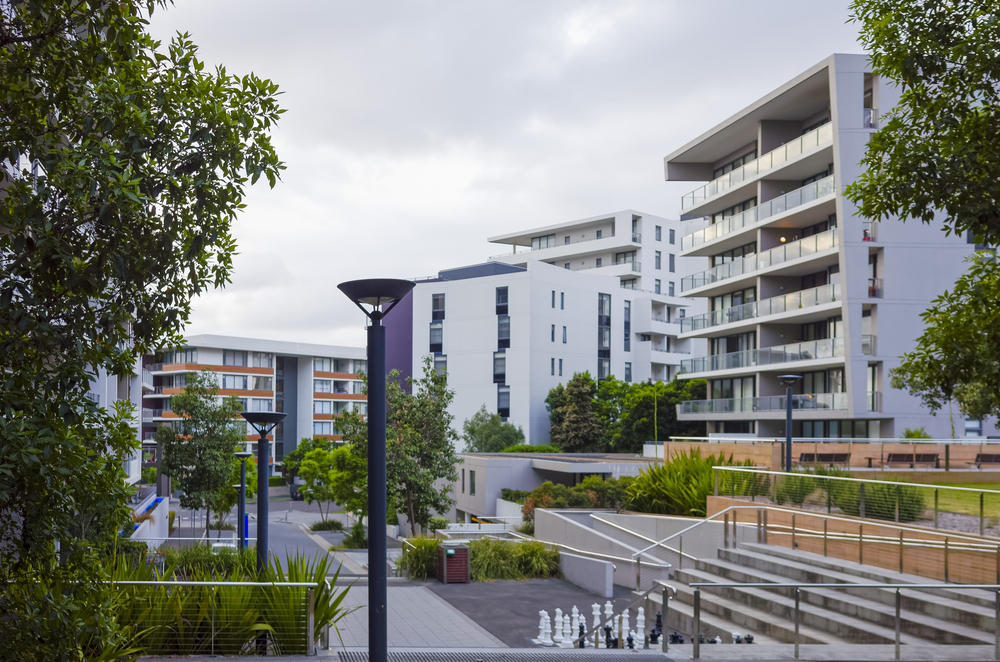Alcohol consumption is dropping in Australia but there’s one market that’s booming nationwide
As Australians develop a taste for craft distilleries — and their products — the local industry is meeting the growing demand with exceptionally good drops
From the Winter issue of Kanebridge Quarterly magazine, on sale now.
It never used to be this complicated to order a drink. Less than 10 years ago, requesting a whisky, a gin and tonic or even a vodka martini was a fairly straightforward affair with a choice of international brands, from Glenfiddich single malt whisky to Absolut vodka and Bombay Sapphire gin.
Now, the drinking landscape is somewhat more complicated — and that’s good news for locals who like a dram of whisky or a cocktail or two.
The Australian distillery industry has gone through rapid growth in recent years, from 30 distilleries nationally less than 10 years ago to more than 600 now. And that’s despite the overall levels of alcohol consumption falling over time across Australia.
CEO of the Australian Distillers Association, Paul McLeay, has a simple explanation.
“Australians are drinking less, but better — and patterns are changing,” he says. “Cask wine sales are down. They’re drinking less boring beer and more interesting products.”
While the distillery industry was already growing, McLeay points to COVID as the impetus for the increasing appetite for flavourful spirits.
“Tastes changed after COVID,” he says. “That home cocktail culture took off as people realised they could make interesting drinks at home — and post photos of them on Instagram.
“That notion of drinking less but better, the idea of fewer drinks on fewer occasions made it feel more special.”
While the Australian wine industry was valued at $5.7b last year, the distillery market is making headway, coming in at $2.5b. However, McLeay says it differs from the wine market, especially in terms of production profiles. For starters, without the need for vineyards, he says the distilleries are equally split between city and regional areas. This is a key advantage for small craft distilleries looking to connect with their local market.
“If you live in Marrickville (in Sydney), you’ll be proud to be drinking a local gin,” he says. “When someone comes to visit, you want to give them something to take home. Spirits allow you to give them a taste of the locality — you can buy it in a bottle.
“For travellers, if people remember the Hellfire Bluff Gin they had on a night out in Hobart, that’s a positive association with the area as well.”
At the moment, he says there are about 500 gin and vodka distilleries around the country, about 100 whisky producers and 50 making rum. With each product having its own flavour profile influenced by local conditions, from the region’s botanicals to its barley, the quality of its rainwater and even the way it is aged, it is good news for consumers seeking variety. McLeay says most distilleries are making multiple spirits to increase commercial opportunity and get product to market quickly.
“The ‘brown’ spirits have had more time,” he says. “Whisky looks clear like gin and vodka initially but over three or four years of maturation, it turns brown. It only takes about a month to make gin, which is why a bottle of gin is generally less expensive than whisky.”
While it might seem as though the homegrown whisky, gin and vodka market has appeared out of nowhere, credit for the modern distillery industry in Australia largely falls to Bill and Lyn Lark from Tasmania who lobbied their local MP in 1990 to change antiquated federal laws that outlawed distilleries that were smaller than 2,700L.
Following the change, LARK Distillery opened in Tasmania in 1992, capitalising on the state’s reputation for growing high quality barley, its clean water, as well as providing the perfect climate for ageing single malt whisky. Support for the Larks’ efforts also followed from government, as well as mentorship from John Grant from Scottish label Glenfarclas, with their first whisky sent to market in 1998.
Bill Lark says while he knew it was a delicious drop, it wasn’t until the early 2000s that the business kicked up a gear.
“The early 2000s was a period where we and the few other distilleries had to prove their credibility to the market,” he says. “When LARK first won a major award in the World Whisky Awards in 2009 I think it gave the confidence in others to get involved. From day one, inspired by such greats as John Grant from Scotland, I encouraged as many new distillers as possible to become a family of distillers where hopefully we would all be producing a world class product in sufficient numbers for eventually Tasmania and Australia to be recognised as a significant whisky producing region.”
In March this year, LARK was recognised by the World Whiskies Awards in London for crafting Australia’s Best Single Malt and Best Blended Malt.

In the intervening years, Australian distillers far and wide have heeded the Larks’ call to create their own spirits, from small family operations focusing on a single product to larger businesses with their eyes firmly set on the world stage.
Fellow Tasmanians Suzy and Cam Brett from Spring Bay Distillery share a passion for whisky and were inspired by their travels and the Larks’ example to start their own business.
“We remember very clearly being told by Bill Lark to make sure you make bloody good whisky!” says Cam. “I think there has definitely been a change in consumer habits.
“People are more engaged with what they are drinking, how it is made, where it comes from and that has increased the popularity of all spirits.”
Suzy says she first experienced whisky while working in Edinburgh in the 1980s. She’s been a fan ever since.
“Whisky is the king of drinks because of the complexity, the ageing and the romance,” says Suzy. “The time it takes the whisky to mature is influenced by barrel size, bond store, location and climate. The larger the barrel, the longer the maturation.
“Some of our large barrels may take 10 years or more to mature and it is a case of ‘it’s ready when it’s ready’ and won’t be rushed.”

Jake and Tess Eagleton started their Wagga Wagga label, Riverina Gin, in February 2023, after years of discussions, as well as travelling around gin distilleries in the Scottish Highlands, where Jake grew up.
“There are lots of gin distilleries popping up in the Scottish Highlands — I was surprised to see so many,” Jake says. “We started visiting them and often they were on people’s farms and you’d get the chance to meet the maker.”
The couple, who now have three children, were inspired by the notion of a family-run business and, with the help of local winery, Borambola Wines, who offered them a shed, focused on a one-shot distillation method. They have a simple philosophy of making one product really well.
“We try to stand out by not standing out too much — we use fresh organic oranges from the local region so the flavour is citrus forward,” says Jake.
They have also called on connections in their local community, partnering with Paper Pear Gallery in Wagga Wagga to host the Riverina Gin Club events. Expansion will be slow but steady.
“We made sure people knew we were a family-forward business,” says Jake. “We have seen a lot of peaks and troughs with the economy and we have been adaptable because we do a lot of the work ourselves. We have one gin that has been well received.”
Brand director and co-founder of Never Never Distilling Co Sean Baxter has bigger ideas for the business he started with friends George and Tim, with plans to further its expansion into Asia and Europe. Unlike other distilleries that sell via bottle shops as well as online, Never Never is focusing on the hospitality industry to reach bars and hotels. It’s not a surprising strategy given Sean’s former life at Diageo, the peak company for brands such as Johnnie Walker, Tanqueray, Guinness and more.
“I worked as a contractor for Sweet&Chilli as a national brand ambassador for Johnny Walker,” Sean says.
“That gave me access to so many amazing venues and bars and I met a lot of people. I was standing in front of so many people telling incredible brand stories and it sunk in — I wanted to do my own.”
The Adelaide-based business now offers more than a dozen gins and sees the relationships with bartenders and hospitality providers as key to their success.

“We collaborate with international bartenders to promote the brand in Hong Kong and Singapore, and over the past 12 months we have moved into France,” he says. “That’s been a real eye opener, taking our oyster shell gin to the French — it’s an exciting push.”
The ultimate goal is to create a global brand.
“We didn’t build Never Never Distilling to be small.”
This stylish family home combines a classic palette and finishes with a flexible floorplan
Just 55 minutes from Sydney, make this your creative getaway located in the majestic Hawkesbury region.
Impact investing is becoming more mainstream as larger, institutional asset owners drive more money into the sector, according to the nonprofit Global Impact Investing Network in New York.
In the GIIN’s State of the Market 2024 report, published late last month, researchers found that assets allocated to impact-investing strategies by repeat survey responders grew by a compound annual growth rate (CAGR) of 14% over the last five years.
These 71 responders to both the 2019 and 2024 surveys saw their total impact assets under management grow to US$249 billion this year from US$129 billion five years ago.
Medium- and large-size investors were largely responsible for the strong impact returns: Medium-size investors posted a median CAGR of 11% a year over the five-year period, and large-size investors posted a median CAGR of 14% a year.
Interestingly, the CAGR of assets held by small investors dropped by a median of 14% a year.
“When we drill down behind the compound annual growth of the assets that are being allocated to impact investing, it’s largely those larger investors that are actually driving it,” says Dean Hand, the GIIN’s chief research officer.
Overall, the GIIN surveyed 305 investors with a combined US$490 billion under management from 39 countries. Nearly three-quarters of the responders were investment managers, while 10% were foundations, and 3% were family offices. Development finance institutions, institutional asset owners, and companies represented most of the rest.
The majority of impact strategies are executed through private-equity, but public debt and equity have been the fastest-growing asset classes over the past five years, the report said. Public debt is growing at a CAGR of 32%, and public equity is growing at a CAGR of 19%. That compares to a CAGR of 17% for private equity and 7% for private debt.
According to the GIIN, the rise in public impact assets is being driven by larger investors, likely institutions.
Private equity has traditionally served as an ideal way to execute impact strategies, as it allows investors to select vehicles specifically designed to create a positive social or environmental impact by, for example, providing loans to smallholder farmers in Africa or by supporting fledging renewable energy technologies.
Future Returns: Preqin expects managers to rely on family offices, private banks, and individual investors for growth in the next six years
But today, institutional investors are looking across their portfolios—encompassing both private and public assets—to achieve their impact goals.
“Institutional asset owners are saying, ‘In the interests of our ultimate beneficiaries, we probably need to start driving these strategies across our assets,’” Hand says. Instead of carving out a dedicated impact strategy, these investors are taking “a holistic portfolio approach.”
An institutional manager may want to address issues such as climate change, healthcare costs, and local economic growth so it can support a better quality of life for its beneficiaries.
To achieve these goals, the manager could invest across a range of private debt, private equity, and real estate.
But the public markets offer opportunities, too. Using public debt, a manager could, for example, invest in green bonds, regional bank bonds, or healthcare social bonds. In public equity, it could invest in green-power storage technologies, minority-focused real-estate trusts, and in pharmaceutical and medical-care company stocks with the aim of influencing them to lower the costs of care, according to an example the GIIN lays out in a separate report on institutional strategies.
Influencing companies to act in the best interests of society and the environment is increasingly being done through such shareholder advocacy, either directly through ownership in individual stocks or through fund vehicles.
“They’re trying to move their portfolio companies to actually solving some of the challenges that exist,” Hand says.
Although the rate of growth in public strategies for impact is brisk, among survey respondents investments in public debt totaled only 12% of assets and just 7% in public equity. Private equity, however, grabs 43% of these investors’ assets.
Within private equity, Hand also discerns more evidence of maturity in the impact sector. That’s because more impact-oriented asset owners invest in mature and growth-stage companies, which are favored by larger asset owners that have more substantial assets to put to work.
The GIIN State of the Market report also found that impact asset owners are largely happy with both the financial performance and impact results of their holdings.
About three-quarters of those surveyed were seeking risk-adjusted, market-rate returns, although foundations were an exception as 68% sought below-market returns, the report said. Overall, 86% reported their investments were performing in line or above their expectations—even when their targets were not met—and 90% said the same for their impact returns.
Private-equity posted the strongest results, returning 17% on average, although that was less than the 19% targeted return. By contrast, public equity returned 11%, above a 10% target.
The fact some asset classes over performed and others underperformed, shows that “normal economic forces are at play in the market,” Hand says.
Although investors are satisfied with their impact performance, they are still dealing with a fragmented approach for measuring it, the report said. “Despite this, over two-thirds of investors are incorporating impact criteria into their investment governance documents, signalling a significant shift toward formalising impact considerations in decision-making processes,” it said.
Also, more investors are getting third-party verification of their results, which strengthens their accountability in the market.
“The satisfaction with performance is nice to see,” Hand says. “But we do need to see more about what’s happening in terms of investors being able to actually track both the impact performance in real terms as well as the financial performance in real terms.”
This stylish family home combines a classic palette and finishes with a flexible floorplan
Just 55 minutes from Sydney, make this your creative getaway located in the majestic Hawkesbury region.


















